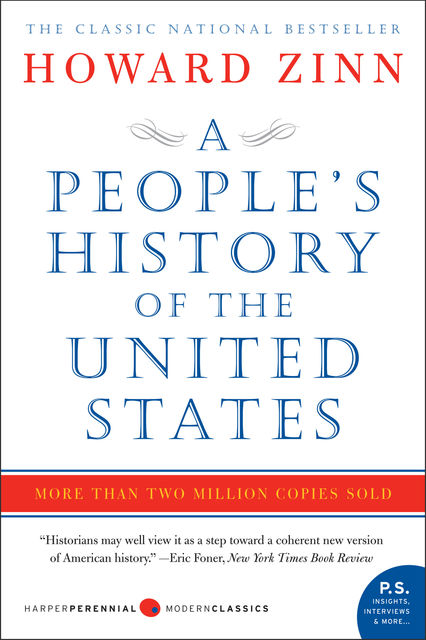
en
Čitajte pomoću naših aplikacija:
iOS
·Android
A People's History of the United States
Ova knjiga je trenutno nedostupna
1.120 štampanih stranica
- Godina izdavanja
- 2010
Citati
- Мария Гейнje citiralaпре 4 годинеMechanics were demanding political democracy in the colonial cities: open meetings of representative assemblies, public galleries in the legislative halls, and the publishing of roll-call votes, so that constituents could check on representatives. They wanted open-air meetings where the population could participate in making policy, more equitable taxes, price controls, and the election of mechanics and other ordinary people to government posts.
- Мария Гейнje citiralaпре 4 годинеwhite craftsmen and traders were protected from Negro competition. In 1764 the South Carolina legislature prohibited Charleston masters from employing Negroes or other slaves as mechanics or in handicraft trades.
- Мария Гейнje citiralaпре 4 годинеacism was becoming more and more practical. Edmund Morgan, on the basis of his careful study of slavery in Virginia, sees racism not as “natural” to black-white difference, but something coming out of class scorn, a realistic device for control. “If freemen with disappointed hopes should make common cause with slaves of desperate hope, the results might be worse than anything Bacon had done. The answer to the problem, obvious if unspoken and only gradually recognized, was racism, to separate dangerous free whites from dangerous black slaves by a screen of racial contempt
fb2epub
Prevucite i otpustite datoteke
(ne više od 5 odjednom)

